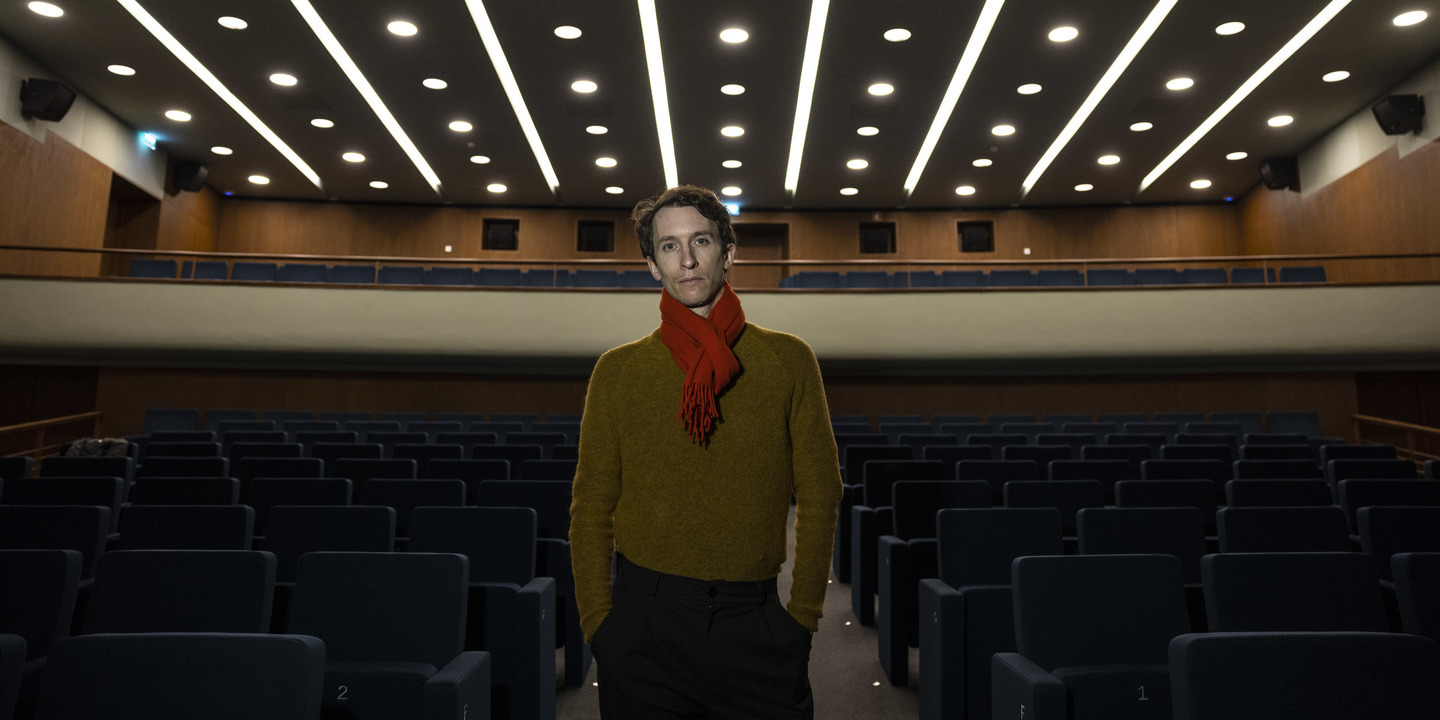
“Is that what we want to find out, basically what is happening in the sector?”, said Batalha’s artistic director, Guilherme Blanc, in statements to the Lusa agency last week, regarding the “New Meetings of Portuguese Cinema ”.This initiative is promoted in partnership with the Clube Português de Cinematografia – Cineclube do Porto and the Calouste Gulbenkian Foundation and takes place 56 years after a similar initiative carried out in Batalha, at the end of 1967.At the time, the “Semana do Novo Cinema Português” was intended to discuss the economic and technical problems with which cinema was struggling and ended up giving rise, years later, to the creation of the Portuguese Cinema Center and the new legislation for the sector.More than half a century later, Guilherme Blanc says that the promoters of the new meetings are just “interlocutors or mediators”, “providing a meeting from which issues can be thought about and a ‘state of the art’ can be created about the sector and the practice of cinema today in Portugal ”.The artistic director reinforces a point that he considers important in these encounters: That people meet and talk to each other.“People don’t meet and cinema is also a very broad field, isn’t it? By the way, just see that we are bringing education, people who have no experience in cinema, who deal with cinema from a pedagogical point of view, for example, and people who work in cinema actively in the field, as producers”, he said. of the organization, four commissioners, researchers and specialists in the field of cinema will present conclusions of several months of work and will moderate debate tables around four axes: Education (with Carlos Natálio), Production (with Mariana Liz), Criticism (with José Bértolo) and Distribution and Exhibition (with Paulo Cunha). Representatives from associations of producers, directors, screenwriters, film festivals and film clubs, people who work to promote film literacy and media criticism will participate in the debates. The debate program does not have the presence of any representative of the Ministry of Culture or the Institute of Cinema and Audiovisual, for example, but the artistic director of Batalha said that invitations were made to be present, in addition to the more than one hundred participants already confirmed to watch. “It’s a broader conversation, it’s a conversation about the independent sector. It is an informative conversation of policies, perspectives and practices and conditions. It is the voice of the non-institutional sector”, he said. And there is another aspect that the organizers “definitely” want to emerge: “A set of conclusions, but we cannot foresee them. It is a meeting of summary, inquiry and study. That people can dwell on these conclusions that we also don’t know what they are, ”he said.